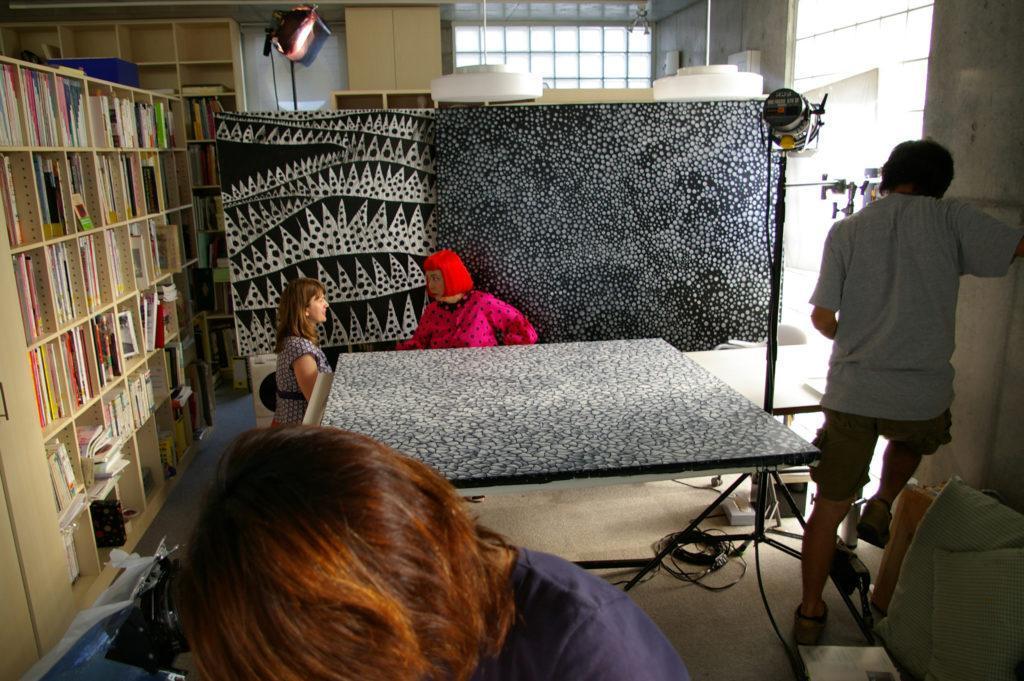I’m on mission to solve a mystery that is preventing independent filmmakers from fully realizing financial success. And, I need your help
by Carole Dean
It’s basic business 101. When you start a business, you need to know how much money you will make from selling your product. As an independent filmmaker you should know, before you even start, what you can expect to get when selling your film. Right now, that is nearly impossible.
Let’s fix it.

Determining Your Profit
When I started my business, Studio Film & Tape, I knew exactly what to expect as profit. I know because I set it.
Back before the world of image capture went digital, you needed motion picture film to create a feature, documentary, or television series. I bought back leftover motion picture film from studio productions. I called that film short ends. From buying millions of feet of short ends off of features and selling them at a discount to new film to independent filmmakers, I eventually created the one of the largest privately woman owned business in US.
I decided that I could sell short ends of Kodak film stock if I put the selling price very low. So, I set my purchase price accordingly. I wanted a 45% gross profit and I was able to achieve that. Gross to me was the selling price less the cost of goods. I had my books set up for this on a monthly basis. If I did not see a 45% profit, then it was caused by one of two things: a mistake in the inventory or thief. Believe me, I experienced both.
Filmmakers Are in the Dark
It is very simple to run a business with clarity like I just described. Now, fast forward to today’s world with filmmakers creating budgets to make their features and documentaries. As head of the non-profit, From the Heart Productions, we support hundreds of filmmakers each year. I find most of them have no idea of what they can sell their film for.
They are sure they will get into one of the top 10 film festivals. They are also sure that a distributor will take their film and pay prices paid at Sundance. Some filmmakers think their film is perfect for Netflix. But do they know the price Netflix will pay? No.
They only know what they read in the papers when Netflix or Amazon makes a gigantic purchase at Sundance or Toronto. Then, they use that number as a reference and believe that Netflix or Amazon will pay them the same price. Please do not do this. Anytime a selling price is in the papers, that means it is extraordinary.
Here is Where I Need Your Help
Filmmakers need to know what to expect from a sale of the finished product when preparing their budget. How can you create a budget for a film when you don’t know if you will ever get that money back? You can’t really or shouldn’t.
I am asking every one of my filmmakers who has sold a project, “what did you get paid?” But I really want to gather as much information as possible.
This is where every filmmaker who reads this comes in. If you sold your film, please, let me know the selling price. You can be anonymous. I just need numbers to create a data base for filmmakers to know what they can expect when selling their project. Once I get enough reliable data then I can release it to everyone. With this information, you can create a budget that will give you a profit.
What I’ve Heard So Far About Selling Your Film
Distributors that I’ve spoken with tell me that VOD (Video on Demand) will get you $3,000 to $5,000. If you spend a lot of time and money marketing, you might make $15,000.00.
What??? I thought VOD was the financial replacement of the DVD and that you could definitely get some of your $300K budget back.
Many filmmakers say to me, “I am sure Netflix will love my film.” That may be, but I am told by a reliable source that they pay $1,000 per completed minute for films with known actors and docs known actors voices or interviews. That would mean your 90-minute feature or doc is now worth $90,000? Since that is a buyout, how can you make back your budget if it’s over $100K?
One film distributor said that Netflix recently paid only $25,000 for a completed feature. And that Hulu just paid $22,000 for a finished feature. This is not good news. I think it is interesting that both of them paid almost the same price. How did that happen?
Strength is Real Numbers
We need to find out what amount can be expected from a film sale. Do you know? If not, please do some research. Call people with similar films, ask them, “what did you sell your film for?” Please share with me. If they are reluctant, say, “Was it over $100K or under $100K?” Try to get an idea. You owe this to yourself so you can make a profit.
We must band together and find what are the current selling prices of films. We have to be honest with each other and share this information. It’s not fair to those who are spending 6 years making documentaries or features who end up with a brilliant film and then ask, “Where’s the money?” I find that It’s just not there for 90% of the filmmakers.
#WhatisYourFilmWorth
Together we can solve this mystery. You can email me at CaroleLeeDean@gmail.com and give me your selling price or some general idea of what it was. You can be anonymous. We need a central organizing place for all of us to talk about the amount paid for films. I want to be this place. You can call me as well at 805 201 2080.
Don’t mind letting let others know what you got for selling your film? You can also let me know via Twitter. We are at @fromtheheartprd. Let us know what you got for your film with the hashtag #whatyourfilmisworth You will be helping us and others as well.
I see hundreds of films going through my film grant. There are so many talented filmmakers there are across America. I want them and all filmmakers to know the potential selling price when they create their budget.
Your time and talents are too valuable to give away.
Carole Dean is president and founder of From the Heart Productions; a 501(c)3 non- profit that offers the Roy W. Dean Film Grants and fiscal sponsorship for independent filmmakers. She hosts the weekly podcast, The Art of Film Funding, interviewing those involved in all aspects of indie film production. She is also the author of The Art of Film Funding, 2nd Edition: Alternative Financing Concepts. See IMDB for producing credits.
profit that offers the Roy W. Dean Film Grants and fiscal sponsorship for independent filmmakers. She hosts the weekly podcast, The Art of Film Funding, interviewing those involved in all aspects of indie film production. She is also the author of The Art of Film Funding, 2nd Edition: Alternative Financing Concepts. See IMDB for producing credits.

